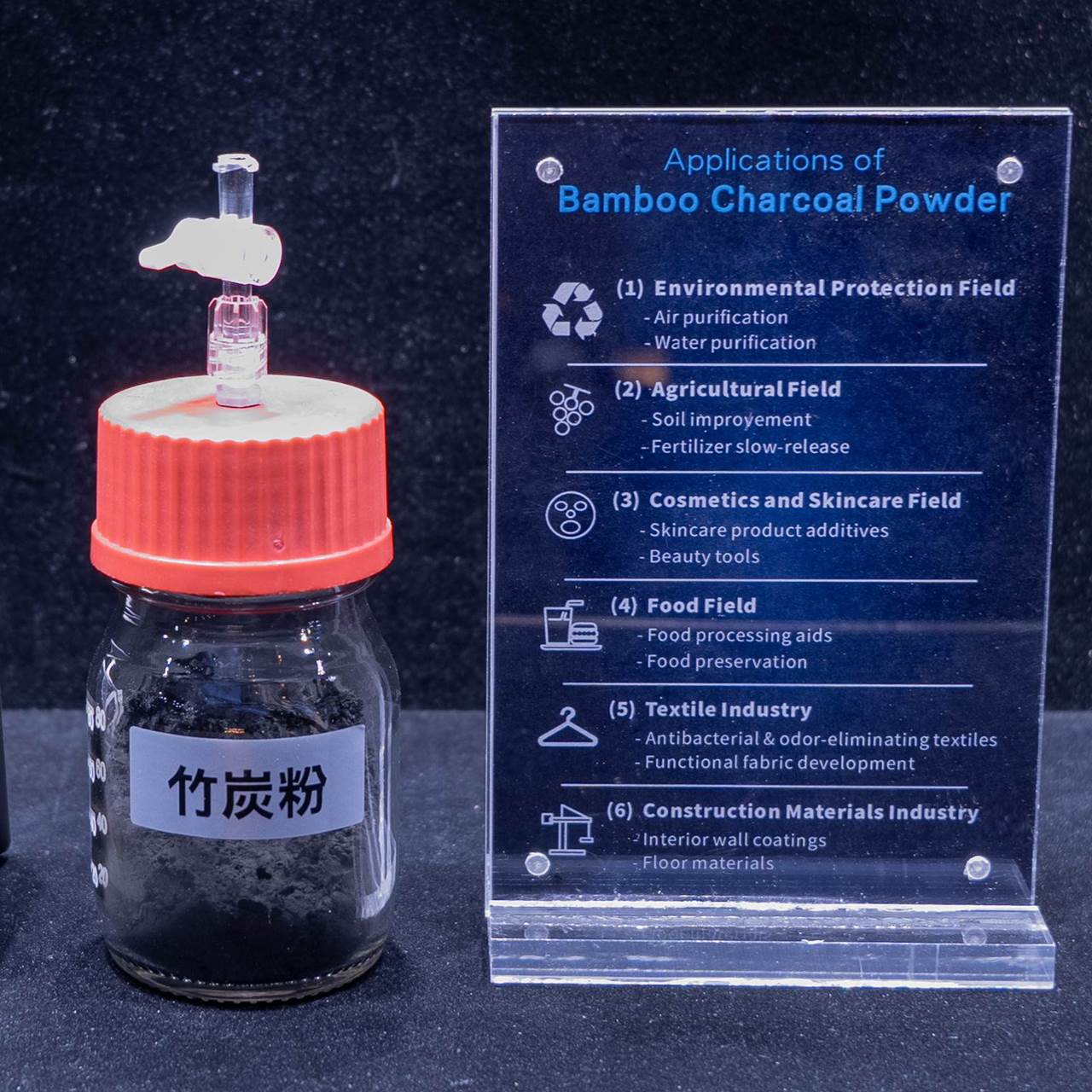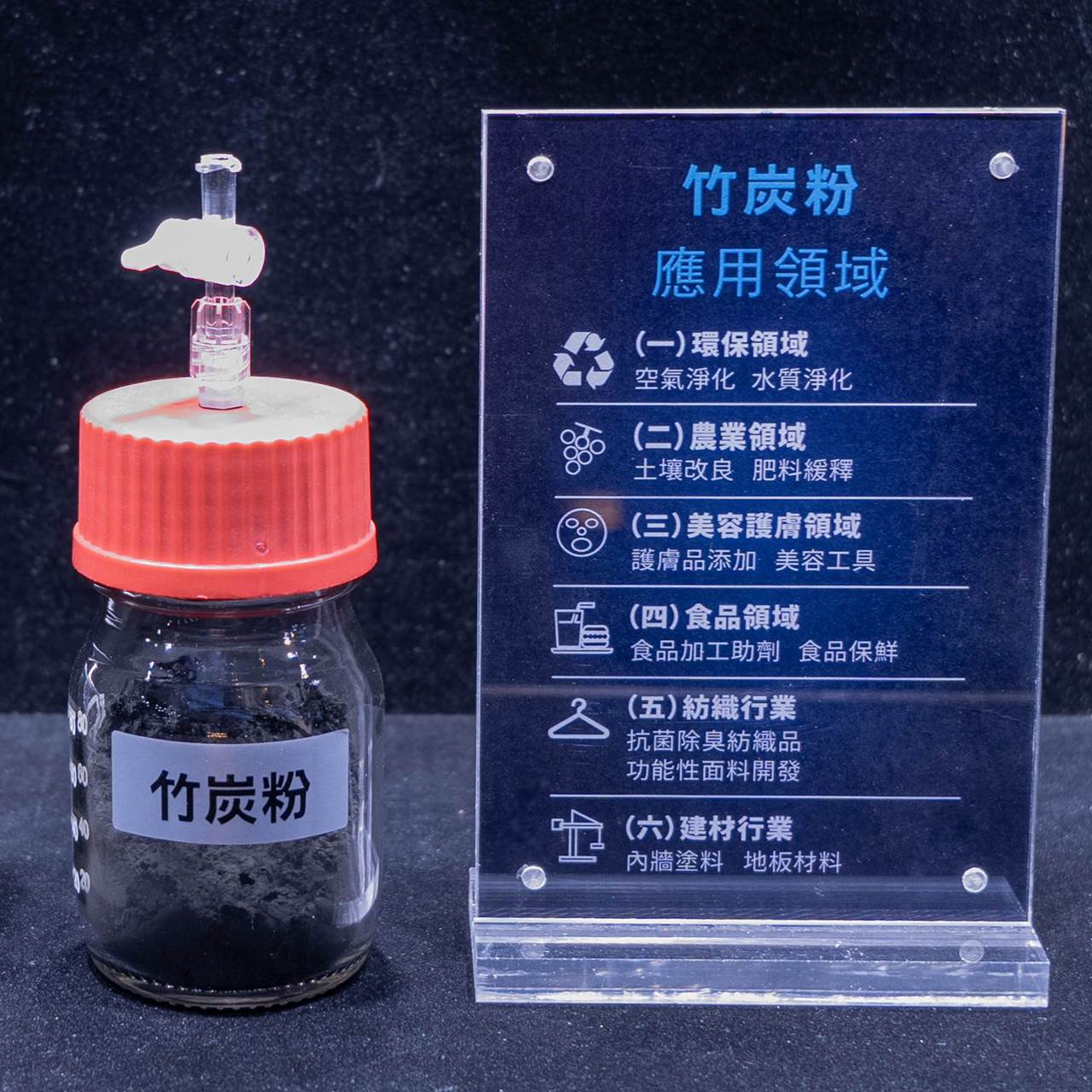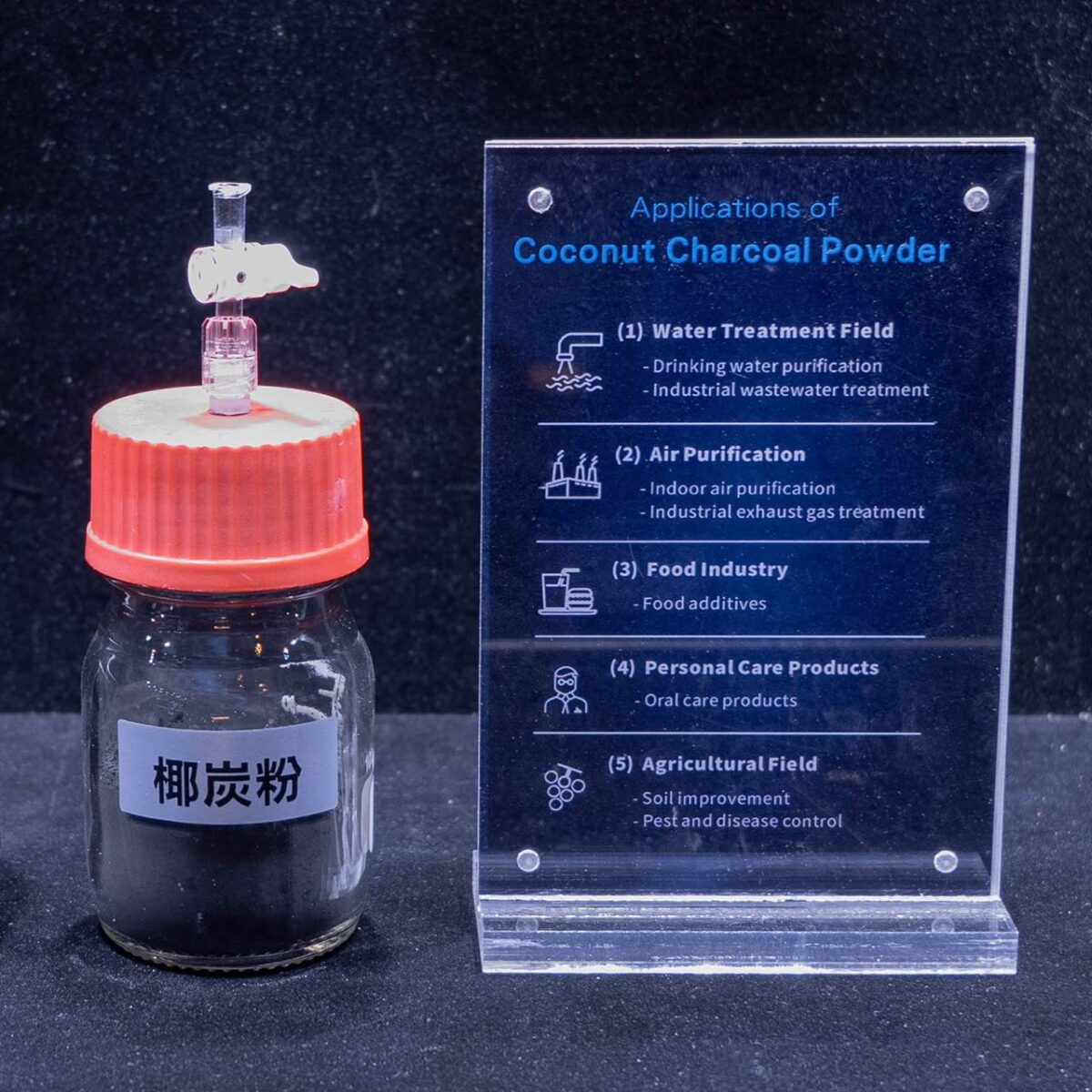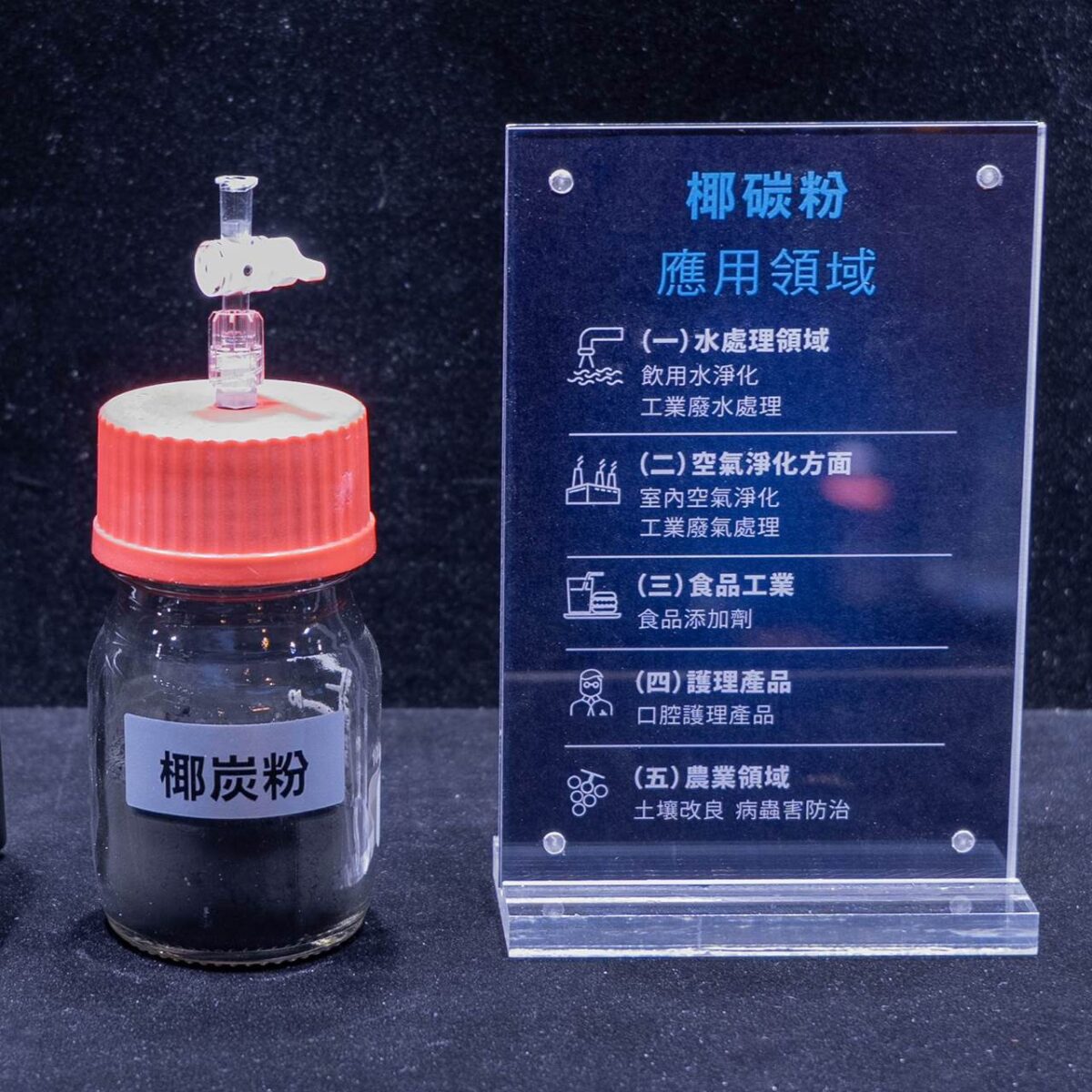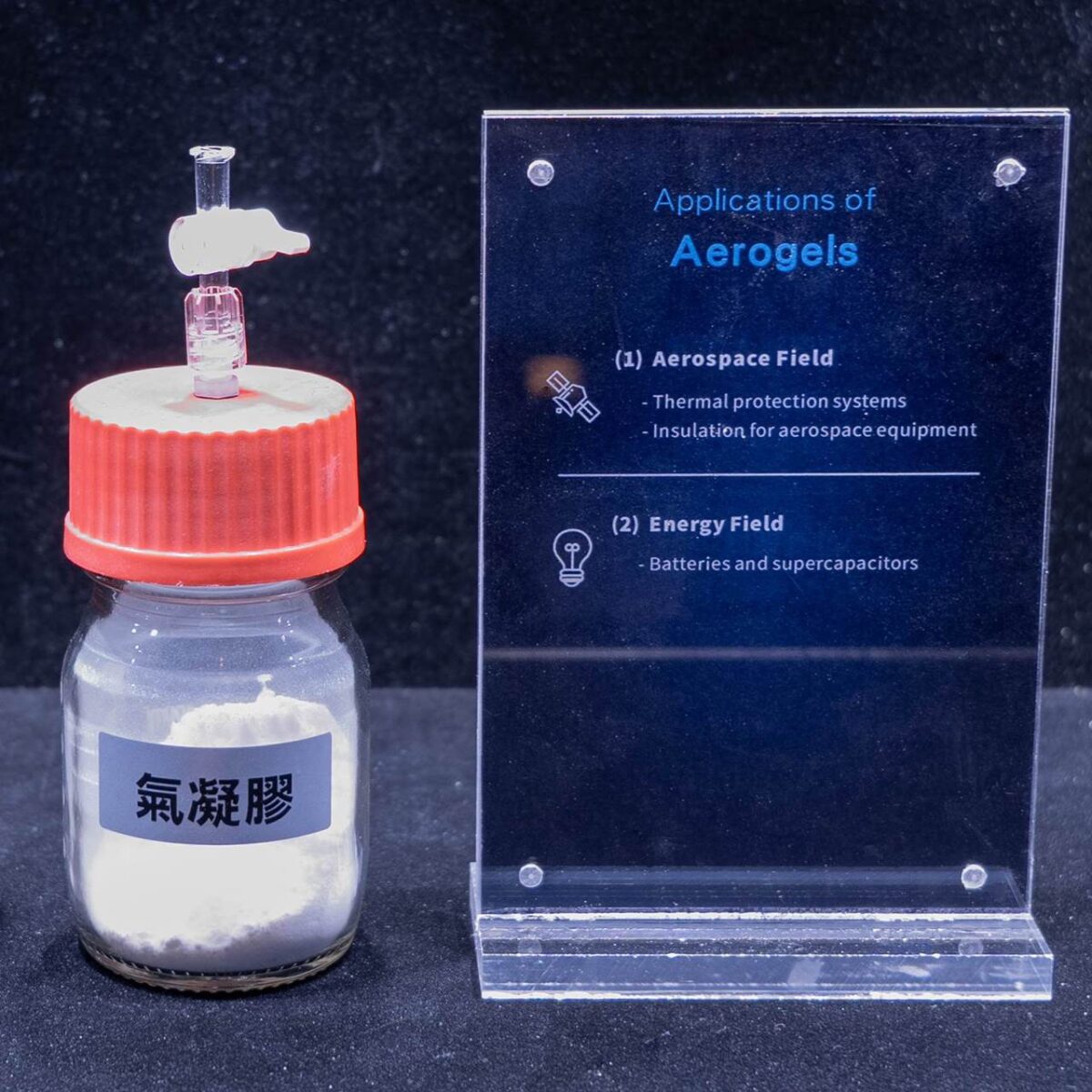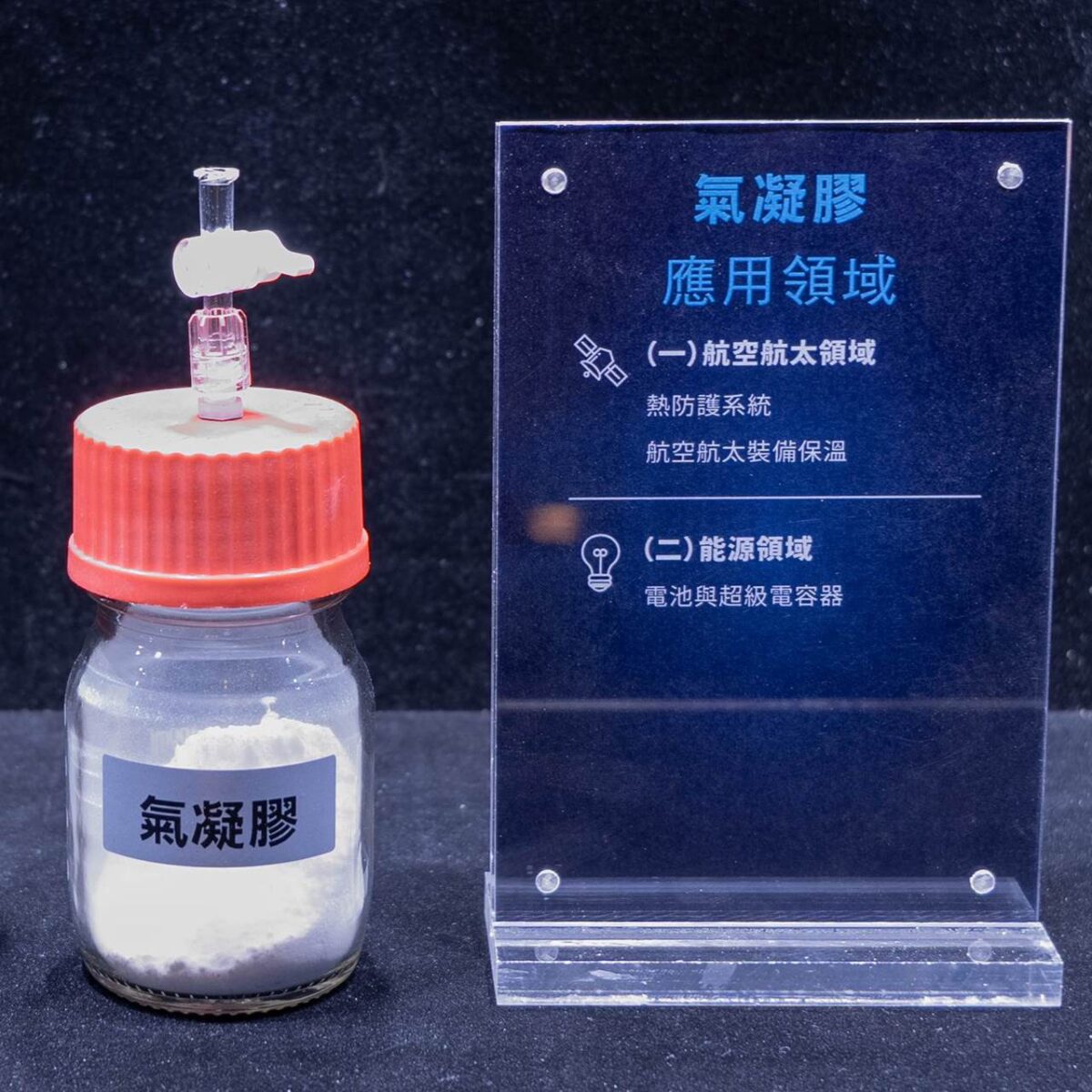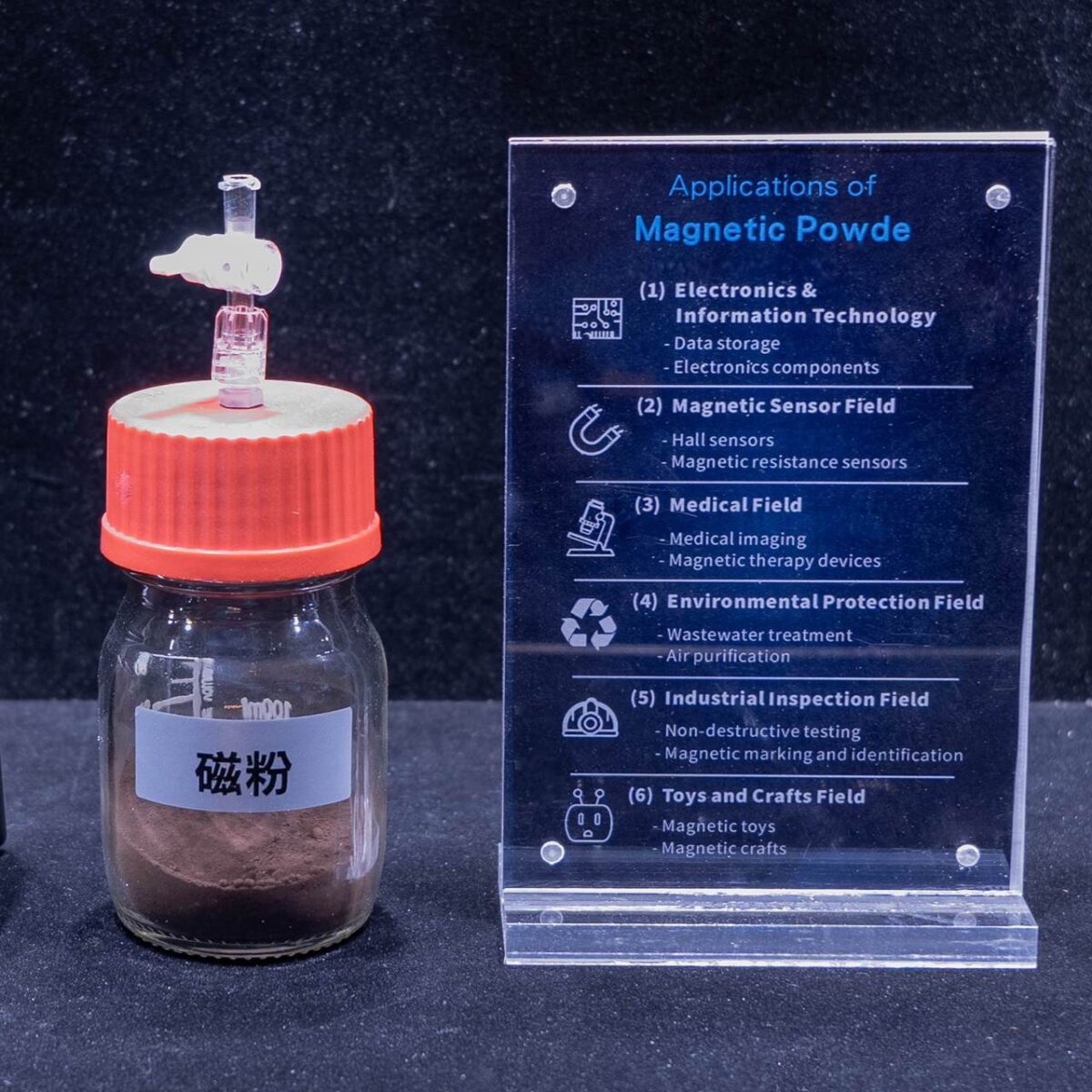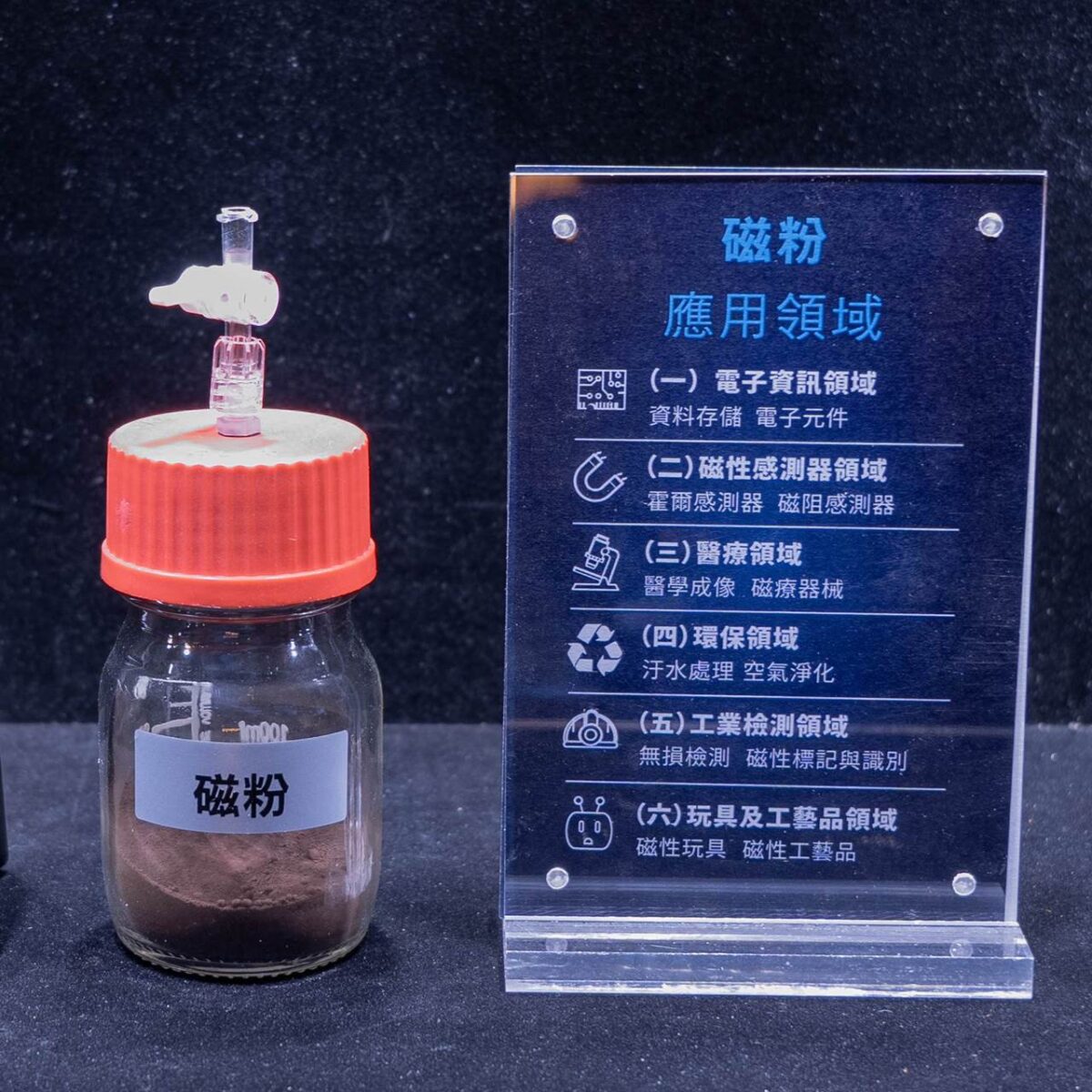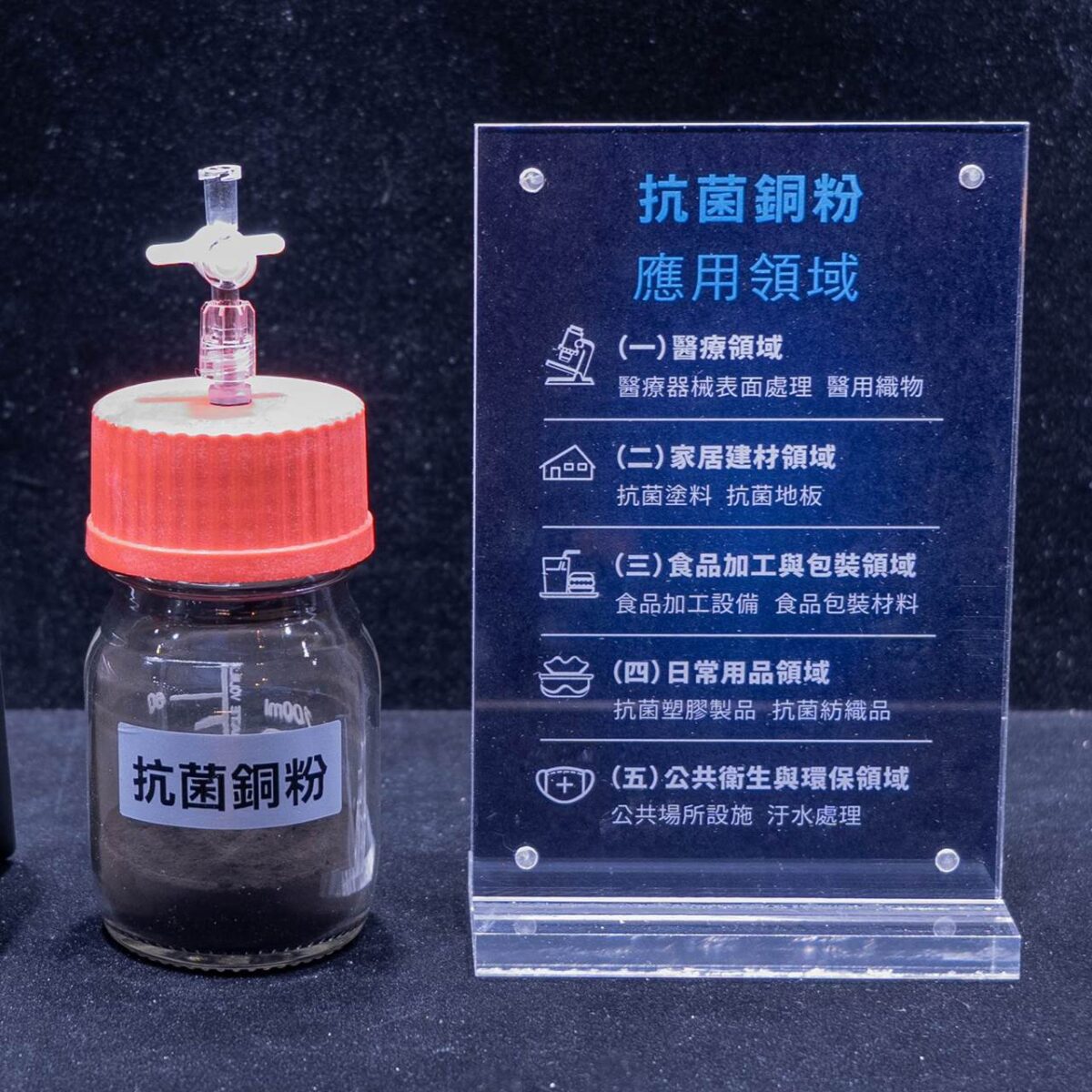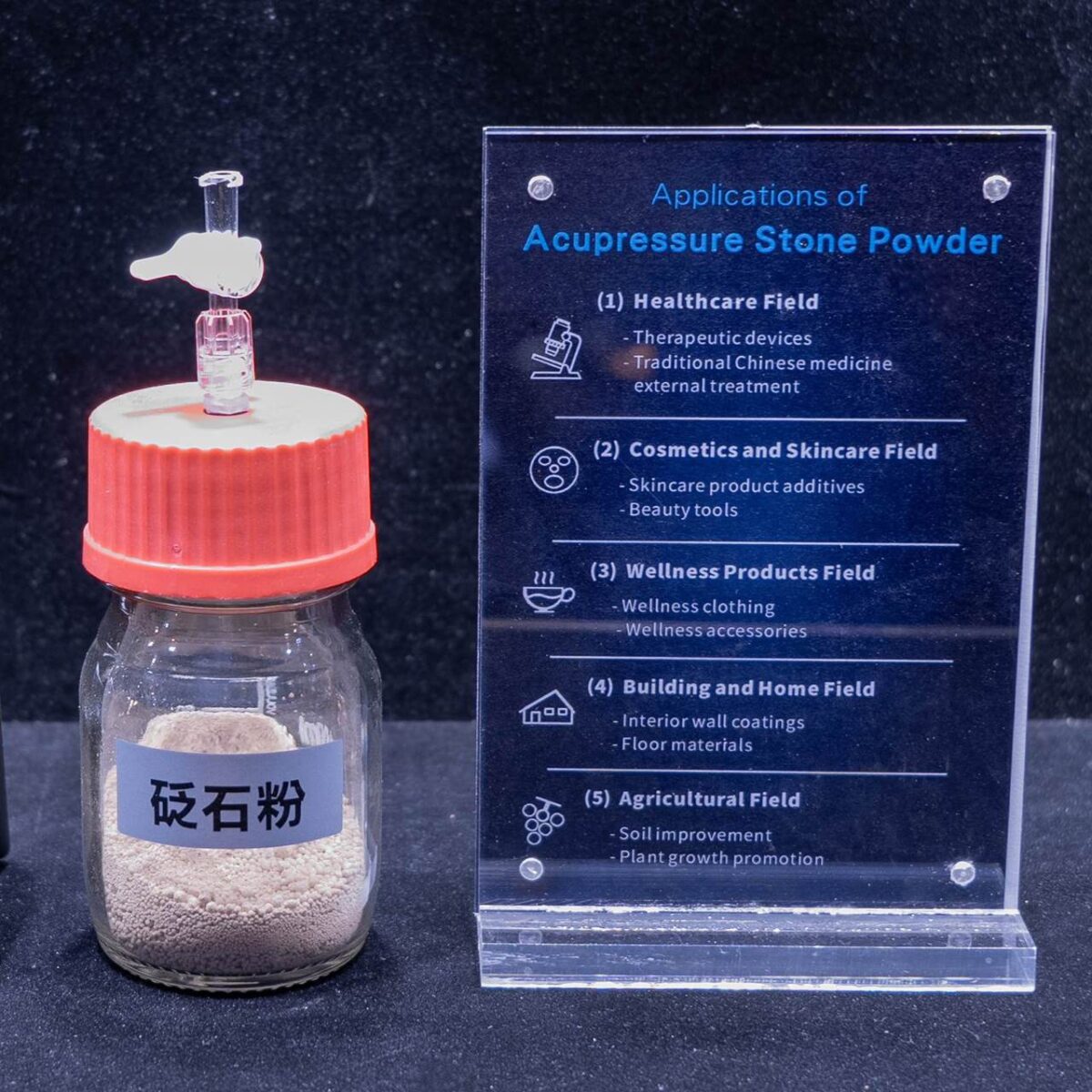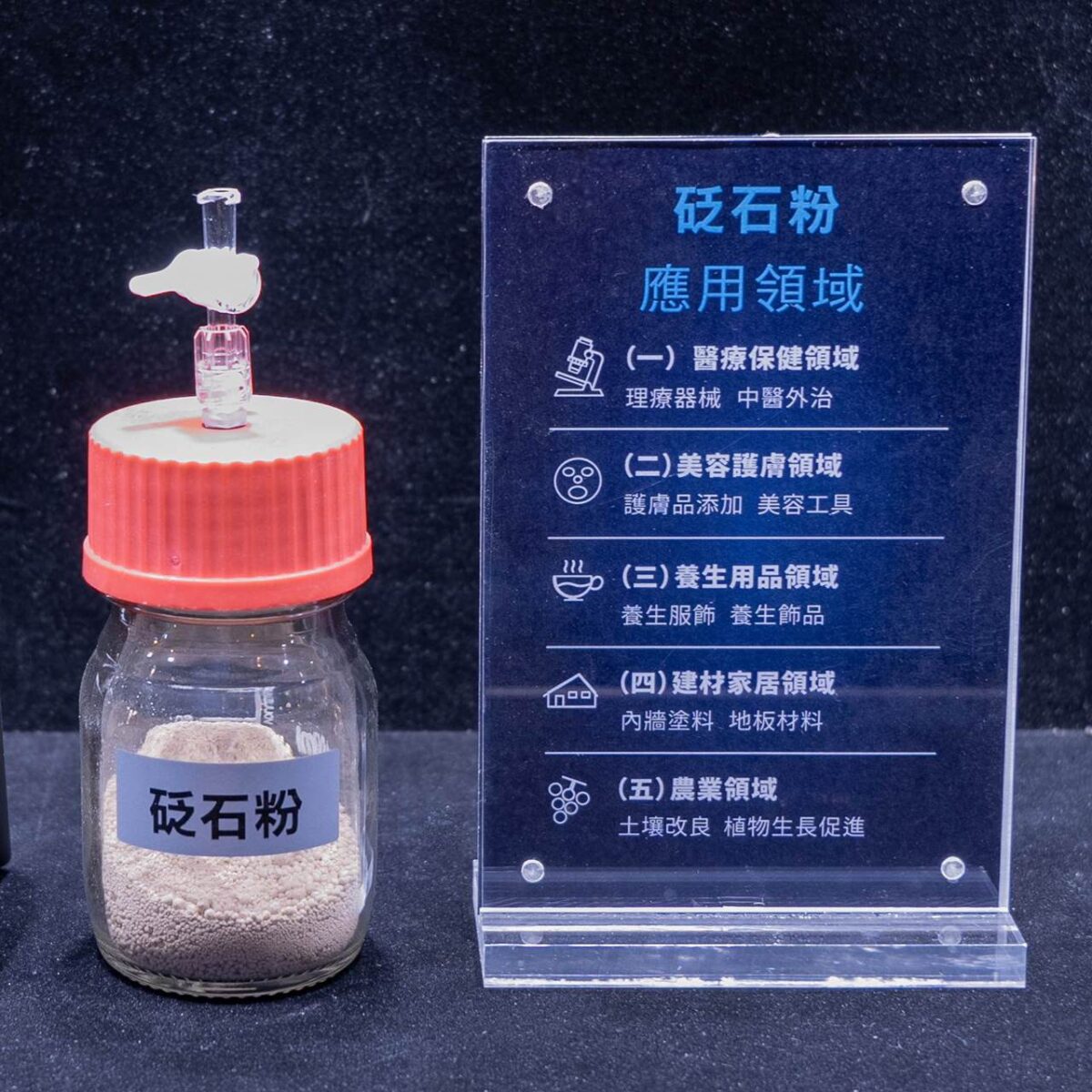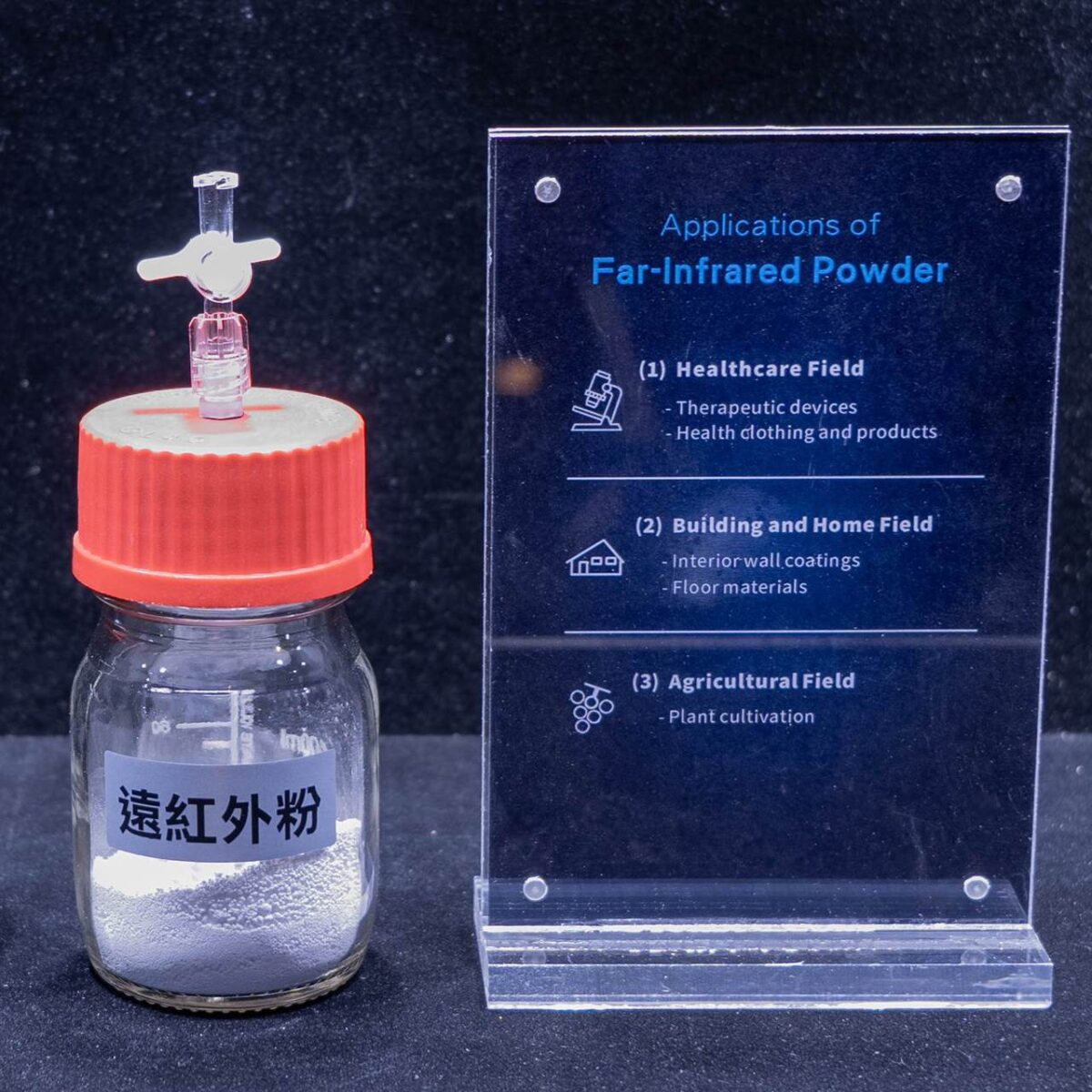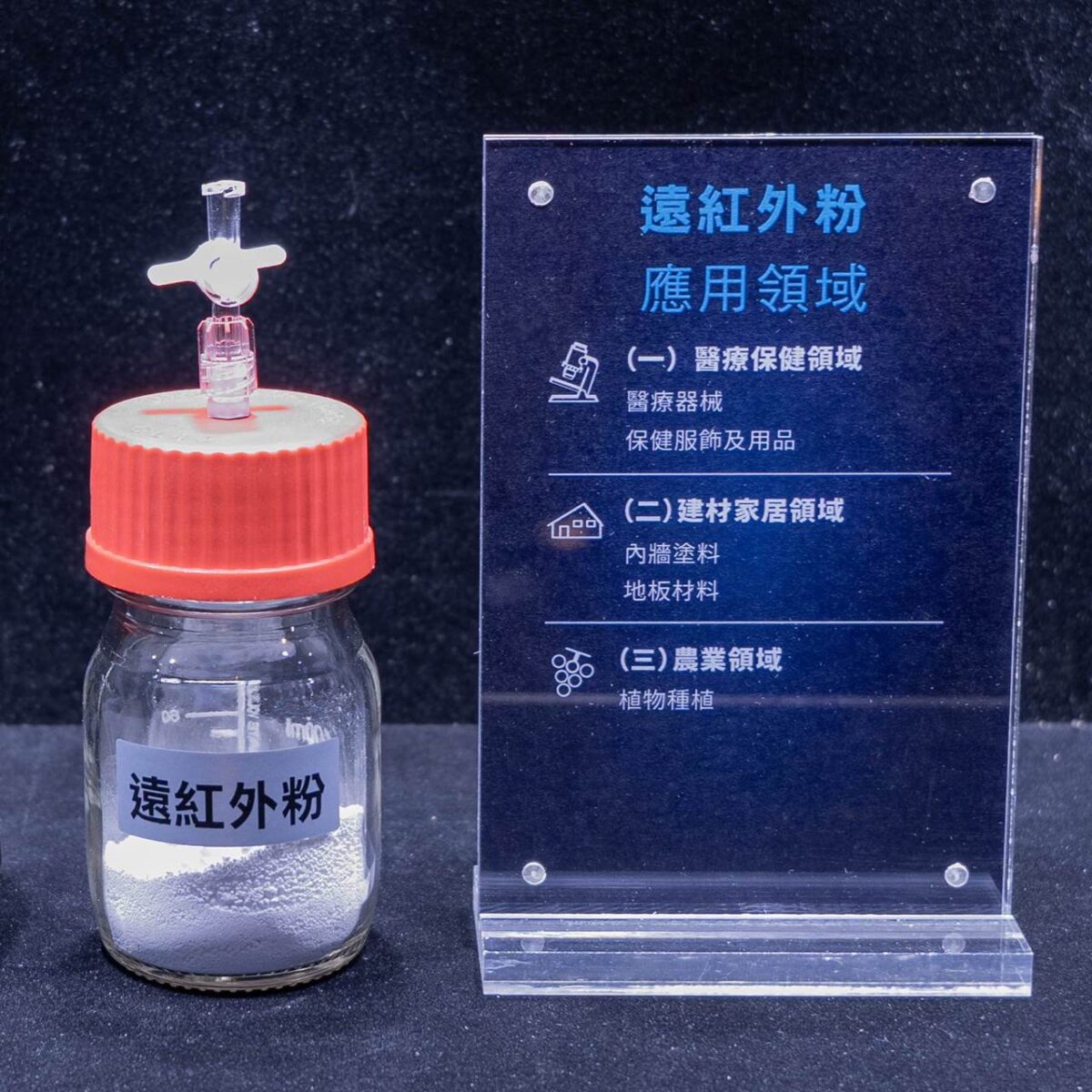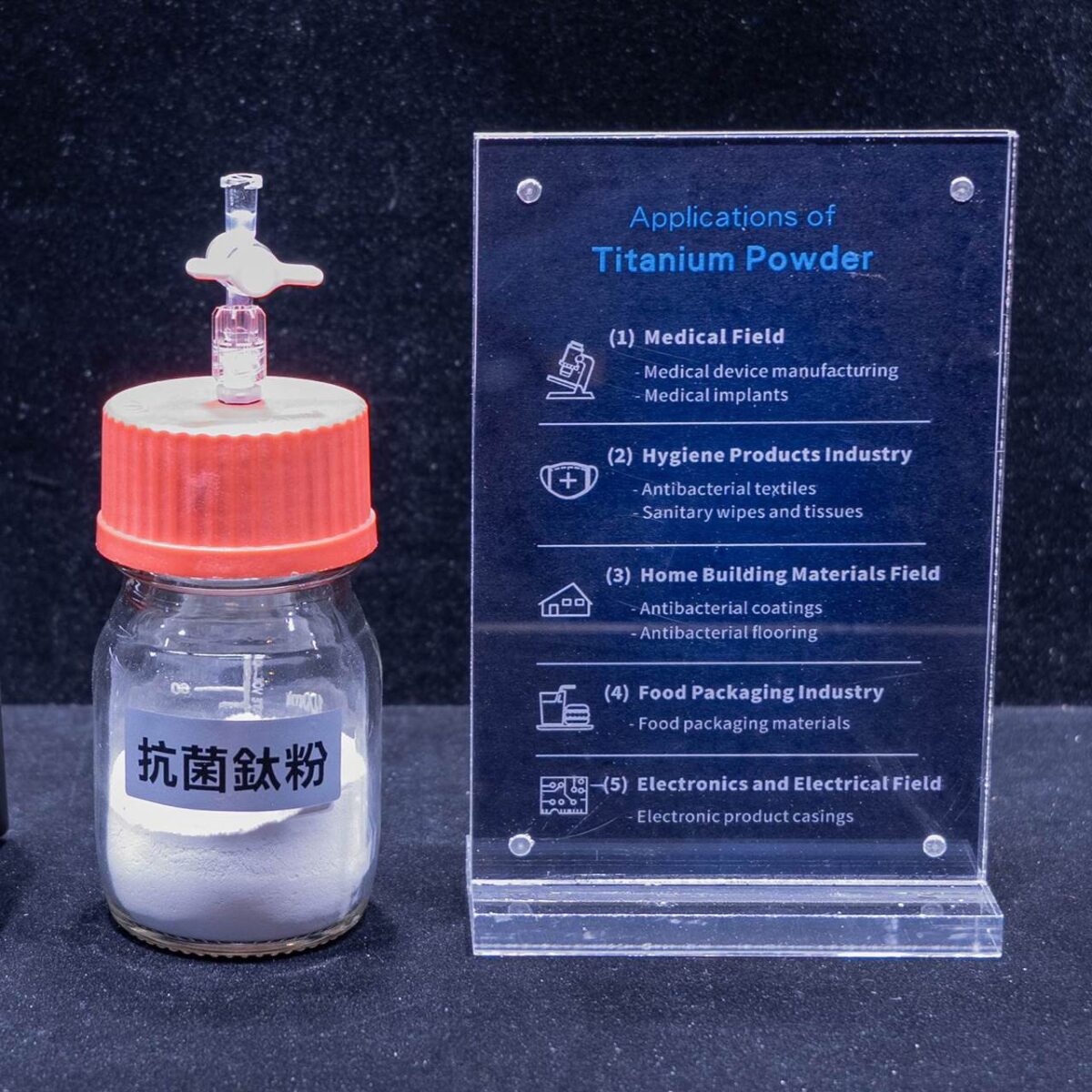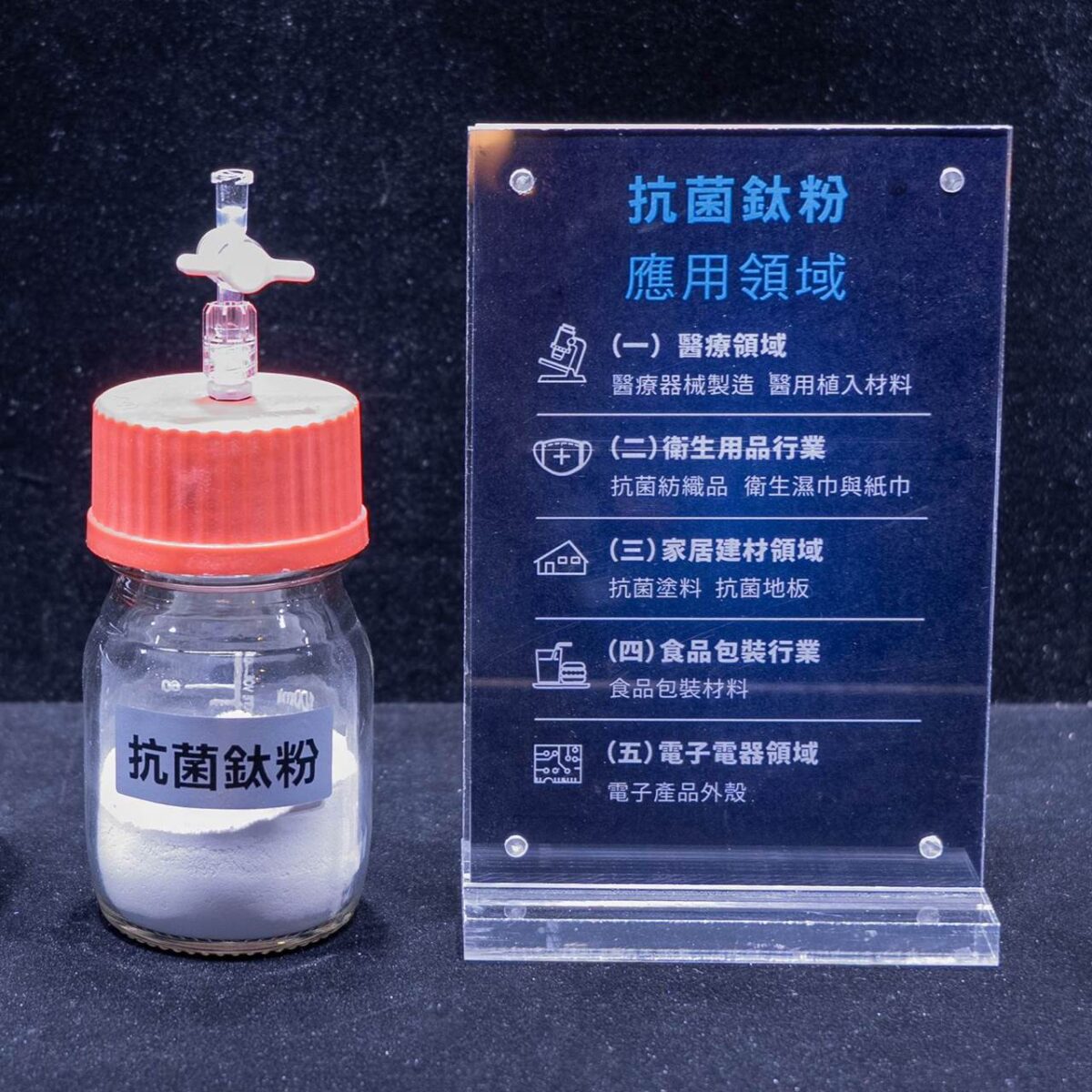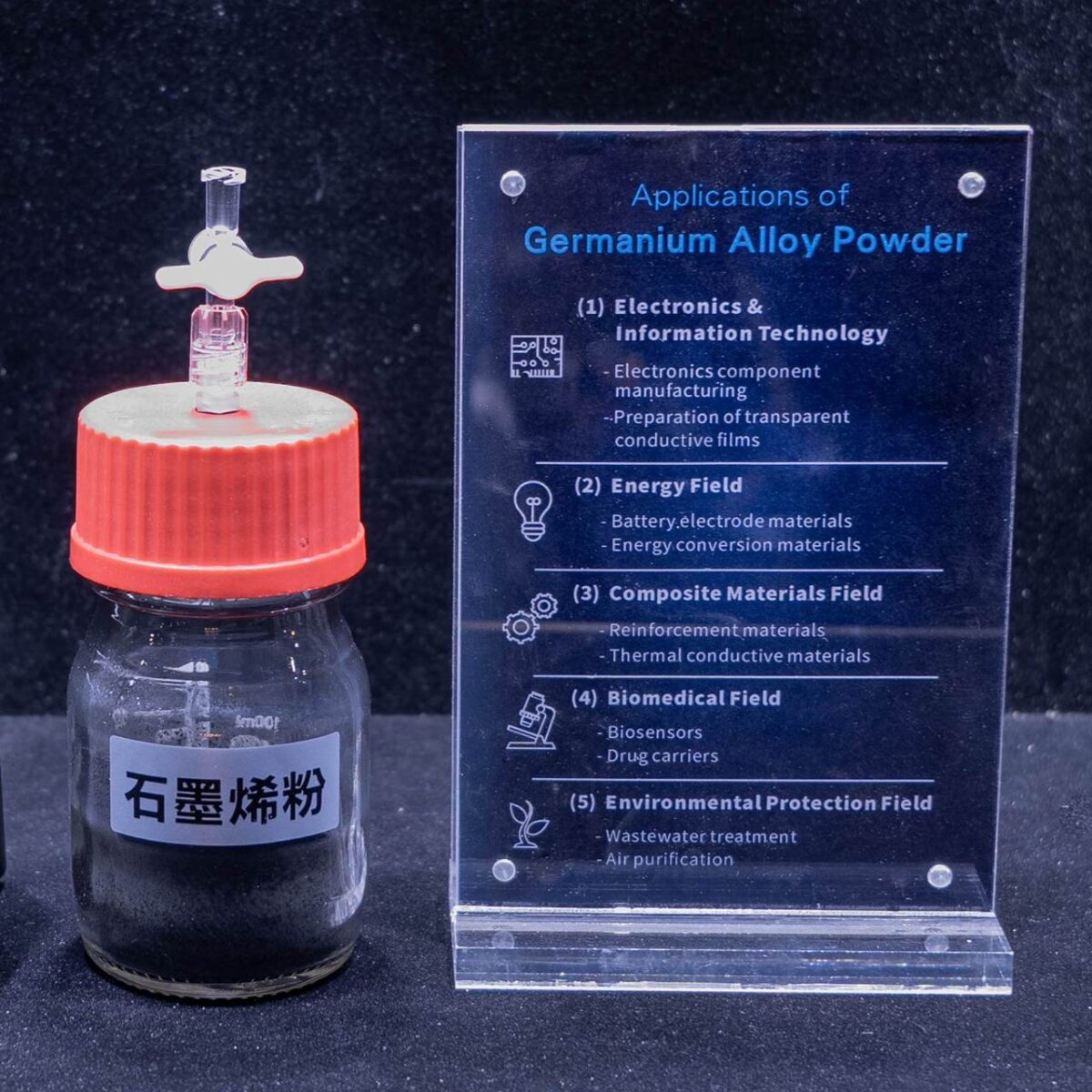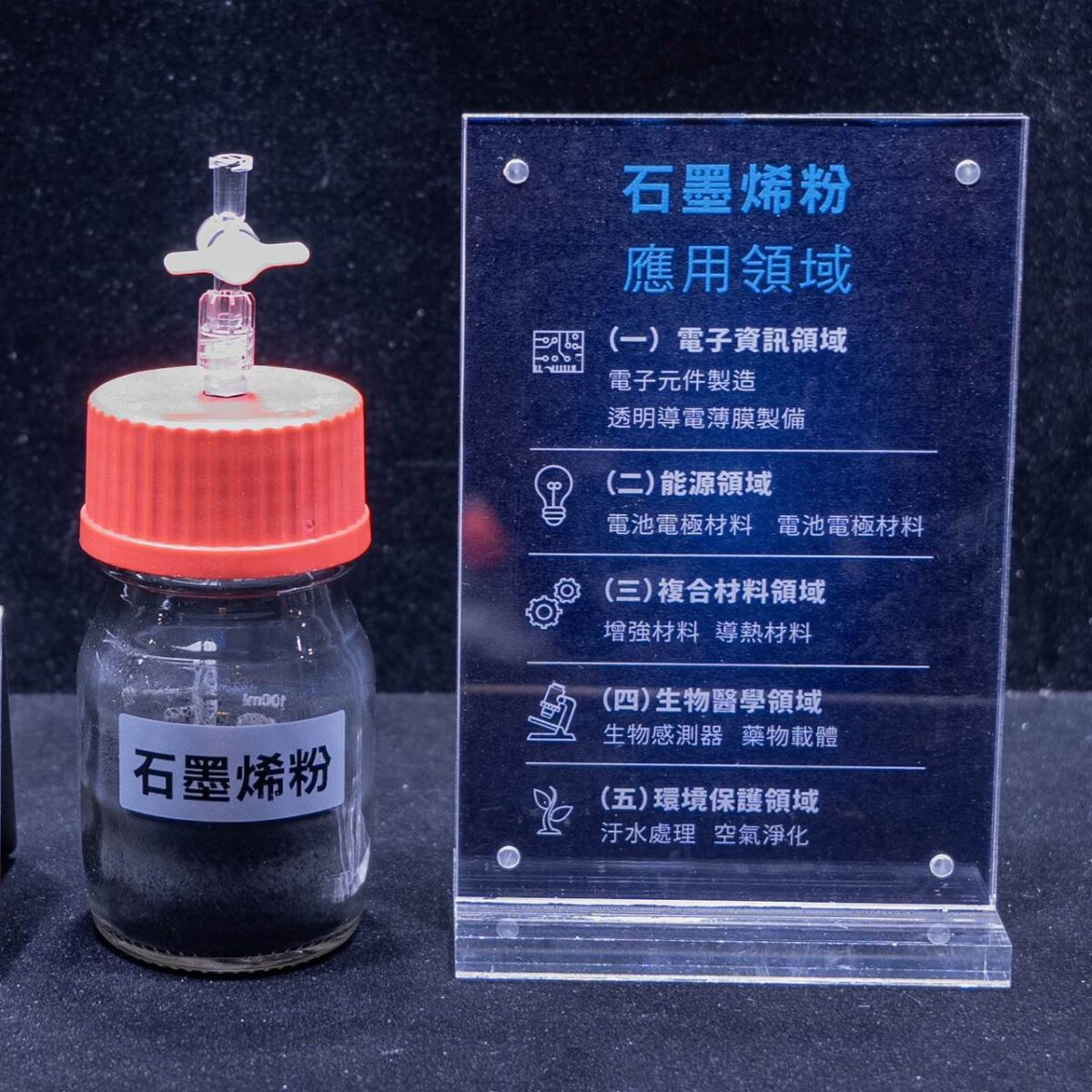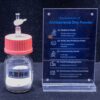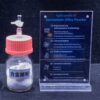Bamboo Charcoal Powder
Environmental Protection Field
Air Purification
It can be made into bamboo charcoal bags and placed in indoor spaces, cars, and other areas. By utilizing its adsorption effect, it can effectively remove formaldehyde, benzene, odors (such as second-hand smoke smell, pet odors, etc.), and harmful gases from the air, improving air quality and creating a healthy and comfortable breathing environment for people. It can also be used in air purifiers and other devices as a key material for adsorption and filtration to enhance air purification effects.
Water Purification
In water treatment, bamboo charcoal powder can be added as an adsorbent to drinking water treatment systems and industrial wastewater treatment processes. It can absorb organic substances, heavy metal ions (such as mercury, lead, cadmium, etc.), residual chlorine, and other impurities in water, reducing water turbidity and improving water quality to meet the corresponding discharge standards or drinking water standards. To some extent, it alleviates the problems of water resource pollution and shortage.
Agricultural Field
Soil Improvement
When added to the soil, bamboo charcoal powder can improve the soil structure, increase the soil’s air permeability and water retention, making the soil loose and fertile, which is beneficial for the growth and development of plant roots. Moreover, the mineral elements it contains can also supplement nutrients to the soil, enhance soil fertility, and promote the growth of crops, especially suitable for the improvement of compacted or infertile soils.
Fertilizer Slow-release
By mixing with fertilizers to make slow-release fertilizers, bamboo charcoal powder can adsorb nutrients from the fertilizers and then slowly release them according to the needs of plant growth, improving the utilization rate of fertilizers, reducing fertilizer waste, and also reducing the adverse effects on soil and environment caused by excessive fertilization, in line with the requirements of modern agricultural sustainable development.
Cosmetic and Skincare Field
Cosmetic Additives
In some masks, facial cleansers, body washes, and other cosmetic products, a moderate amount of bamboo charcoal powder can be added. By utilizing its adsorption effect, it can deeply clean the dirt, oil, and aged keratin in the skin pores, making the skin fresher and cleaner, and has a certain oil-control effect, which is an ideal cosmetic component for people with oily skin.
Beauty Tools
Made into bamboo charcoal powder masks, bamboo charcoal cleansing puffs, and other beauty tools, by directly contacting the skin, they can play the advantage of adsorption and cleaning, help remove impurities on the skin surface, promote skin metabolism, and make the skin show a better state.
Food Field
Food Processing Aid
In some food processing processes, bamboo charcoal powder can be used as a legal food processing aid. For example, in making some specialty foods (such as bamboo charcoal bread, bamboo charcoal ice cream, etc.), it can play a role in coloring and flavor enhancement and can also absorb some odors in food to improve food quality. However, in food applications, it is necessary to strictly follow relevant food safety standards and usage specifications.
Food Preservation
It can be used in food preservation packaging, relying on its adsorption performance to adsorb odors and possible harmful gases in the packaging, slow down the rate of food spoilage, extend the shelf life of food, and ensure the quality and safety of food during storage and transportation.
Textile Industry
Antibacterial and Deodorizing Textiles
By adding bamboo charcoal powder to textile fibers, the resulting garments, bedding, and other textiles have antibacterial and deodorizing functions. They can inhibit the growth of bacteria and fungi, reduce odors caused by microbial reproduction, keep textiles fresh, and improve the comfort of wearing and using, especially suitable for products such as sportswear and underwear.
Functional Fabric Development
It helps to develop fabrics with multiple functions such as adsorbing odors and regulating humidity, applied in special environments or occasions with high requirements for wearing experience, such as outdoor adventure clothing, high-end hotel bedding, etc., to meet the needs of different consumers.
Building Materials Industry
Interior Wall Paint
When added to interior wall paint, bamboo charcoal powder can absorb odors and harmful gases in indoor air, making indoor air fresher. It can also regulate indoor humidity, keeping the indoor environment dry and comfortable, and to some extent, improve the quality of living.
Flooring Materials
Applied in the production of flooring materials such as wooden floors, it endows the floor with certain functions of adsorbing odors and regulating humidity, reducing indoor odors and dampness problems, and creating a healthy and comfortable indoor living space for people.

